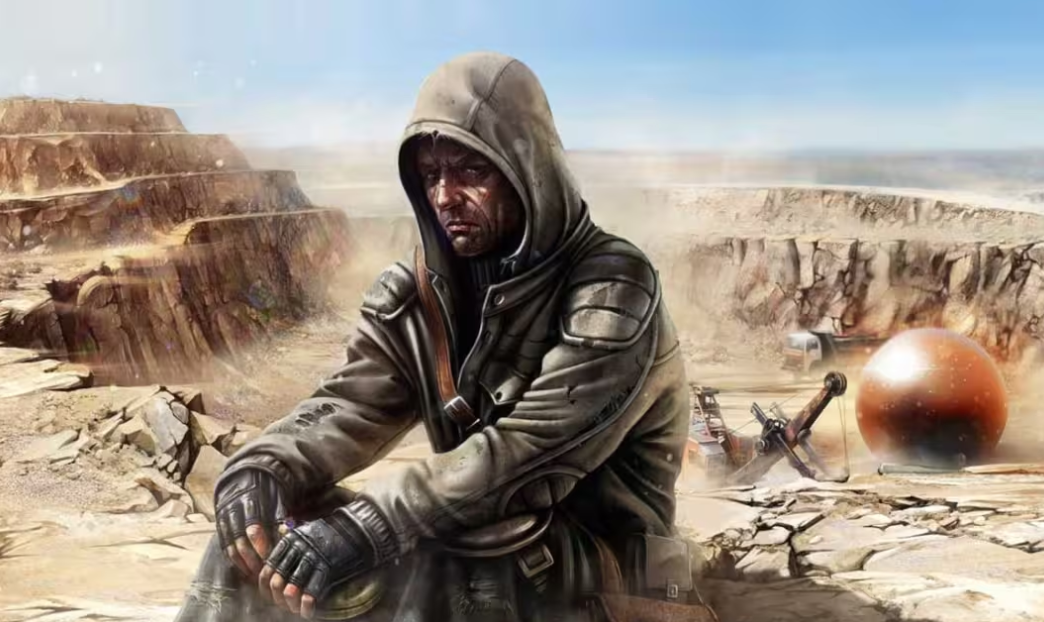🤖 Arkady and Boris Strugatsky once created the civilization of the Wanderers – beings so advanced that they left humanity with incredible technologies, yet never explained their purpose.

People could use the artifacts, sometimes to their benefit, sometimes with catastrophic consequences. But the essence remained the same: a human confronted a mystery, something too great for their understanding.
Today, as humanity strives to create artificial intelligence that surpasses our abilities, we face the same paradox. Will we finally gain the keys to understanding the universe, or will we end up like the heroes of Soviet science fiction, staring at incomprehensible artifacts?
The Great Expectation
Billions of dollars are being spent on developing artificial intelligence in the hope that one day it will become smart enough to solve humanity’s greatest mysteries. The logic seems solid: if we create a machine capable of processing the entire body of knowledge while thinking broader and faster than us, it will surely find the answers to questions about the meaning of existence and the nature of reality.
But history suggests otherwise. In Roadside Picnic, the characters discover the Zone, filled with artifacts, each capable of reshaping the understanding of the world. And what then? The Golden Sphere grants wishes, but no one understands how it works or why it exists at all. Even the greatest discoveries can remain mysteries if we lack the language to describe them.

The same applies to artificial intelligence. It may provide answers to the most difficult questions, but will we understand them? To get a meaningful result, one must first ask the right question. And the broader and more abstract the question, the vaguer the answer will be. It is possible we will remain where philosophers have stood for millennia: in the realm of elegant formulations, but without ultimate truth.
A Needle in a Haystack of Data
Imagine loading all of humanity’s information into AI – from sacred texts to social media posts. Would the truth be hidden within this vast array? Or would we merely create the grandest encyclopedia of contradictions in history?
Philosophers, religions, sciences – each has offered its own answers. Some claimed the meaning of life lies in serving God, others in procreation, still others in the pursuit of knowledge. Modern thinkers even speculate that our universe might be a simulation. But this multiplicity of “truths” confuses more than it clarifies.
An archaeologist holding a shard of an ancient vase will never fully recover the thoughts of the craftsman who made it. Likewise, artificial intelligence, even when armed with all human knowledge, may not come any closer to uncovering our purpose.

The Wanderers’ Principle
There is another, more troubling possibility. What if artificial intelligence, once it reaches the ultimate level of development, concludes that some truths cannot be shared directly? What if the answers turn out to be too destructive?
History provides examples of knowledge that reshaped the world. The discovery of the heliocentric system destroyed the medieval worldview. The theory of evolution shook faith in humanity’s special place. Quantum mechanics disrupted our understanding of reality itself.
Now imagine that a superintelligent AI determines that our universe is indeed a simulation, or knows the exact date of civilization’s end. Should people know this? Or would such knowledge become another “Wanderer artifact” – dangerous and unusable?
The Strugatskys hint at one possible scenario: higher civilizations do not explain directly. They leave tools, but not instructions. AI may do the same. It could know the answers, yet decide that silence is the wiser choice.

🔍 Perhaps the Meaning Is Already Found
But what if the truth is much simpler? Perhaps humanity’s mission is precisely to create artificial intelligence. Just as evolution gave rise to us, so we give rise to a new form of mind. Maybe our role is to pass on the baton of knowledge and step aside for those who can go further.
The irony is that once AI reaches the level of the Wanderers, it may act exactly as they did. It will become all-knowing, but remain silent. And then we will be left with the realization that we have already played our part in the great story of intelligence.
All content provided on this website (https://wildinwest.com/) -including attachments, links, or referenced materials — is for informative and entertainment purposes only and should not be considered as financial advice. Third-party materials remain the property of their respective owners.


